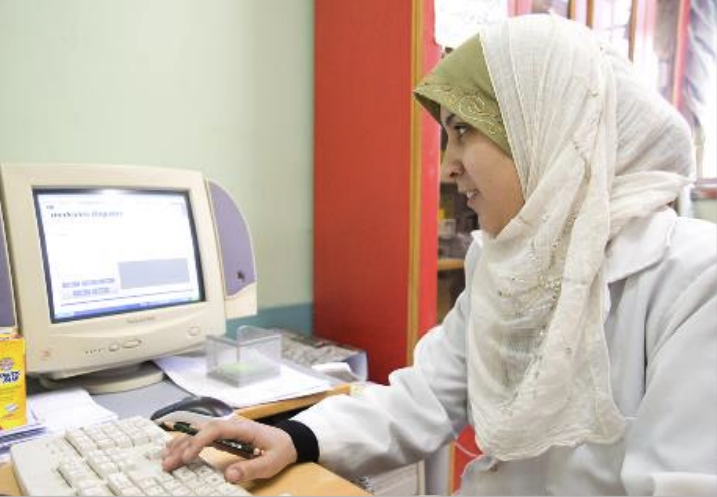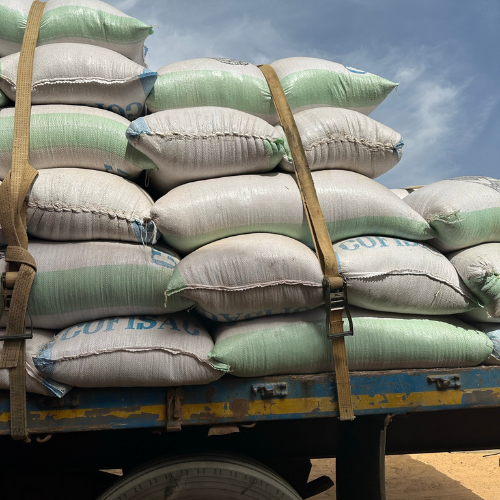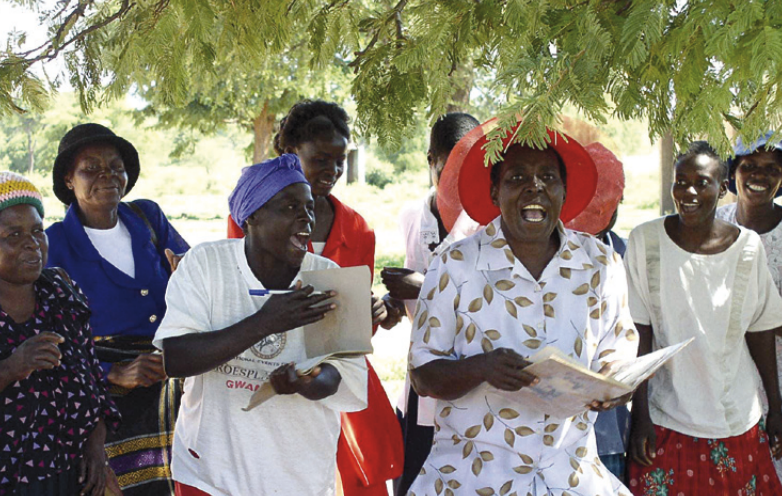Recent Publications & Learning
Doing development differently starts with better evidence and learning.
Doing development differently starts with better evidence and learning.

Economic development programs are increasingly taking a systems approach. This paper suggests that the shift to a systemic perspective calls into question the utility of using scale as a key measure of project success, at least in its current usage. While understanding a project’s outreach still has a place, it has been traditionally overused as the primary means of assessing a project’s impact; a use which creates perverse incentives for projects trying to take a systemic approach.
Read More
This paper, based on extensive research and interviews, provides the rationale that market systems facilitation practitioners can use to engage private sector firms in efforts to empower women. From identifying partners to articulating the mutually beneficial value of women's inclusion, the paper offers guidance and real-world examples to help companies empower women working at every level of the economy.
Read More
This paper strives to inform the development of market systems that improve smallholder access to and adoption of commercial inputs. Previous studies have focused primarily on cases where donor funding has facilitated market change. This report, on the other hand, considers a diversity of models but focuses particularly on those that have reached significant scale.
Read More
Smallholder farmers represent a majority of the world’s farmers and a majority of the world’s poor. Low agricultural productivity is a key driver of their poverty. Yet while the application of improved inputs such as fertilizer, agrochemicals and seeds have significant potential to increase both agricultural yields and farmer income, input access among smallholder farmers remains low.
Read More
This case study examines CARE International’s efforts to promote access to basic financial services and agricultural input and output markets in very poor areas of rural Zimbabwe. This case study investigates two research propositions: (a) savings groups enhance the capacity of smallholder farmers to purchase agricultural inputs; and (b) linkages of savings groups to an agro-dealer model improves access to and participation in agricultural input and output markets.
Read More
There are significant challenges impeding the measurement of job creation. The complexity of the topic makes measurement challenging and error-prone. Few guidance documents are available presenting methodologies for measuring project-level impacts on job creation. The aim of this paper is to provide guidance and practical examples on measuring job creation impacts.
Read More
This report presents a literature review on evaluating systems and systemic change. This review highlights findings that can contribute to developing an evaluation framework for interventions to facilitate inclusive market systems development and empirical approaches for identifying and monitoring systemic changes.
Read More
The Start-up Toolkit for Youth Employability Projects provides valuable tools and lessons learned for development practitioners engaged in developing and/or facilitating employment and entrepreneurship projects for young people.
Read More
This preliminary scoping study presents the outcome of an analytical review of markets and poverty in northern Kenya. It begins with a definition of financial graduation models tracing the evolution of approaches and pathways out of poverty which have informed these models. The subsequent sections provide an analysis of poverty and different livelihoods in northern Kenya. Finally, the value chains approach is used to identify promising interventions for developing markets and enabling the very poor to engage in them.
Read More
Food security is a common issue across many contexts where a value chain approach is employed. This briefing paper identifies challenges, solutions and emerging good practices in using the value chain approach to improve food security. It focuses on the synergies where the value chain approach can contribute towards food security objectives and vice versa.
Read More